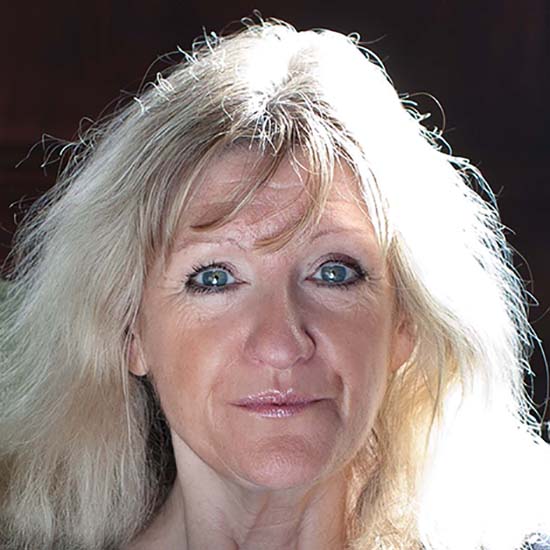Nicola Clayton is an experimental psychologist whose studies of members of the crow family have shattered assumptions about the cognitive abilities of non-human animals. Through a series of imaginatively designed experiments, she has shown that rooks, jackdaws and jays can plan for the future and reflect on the past, as well as understand that members of their social groups have minds of their own. Her most recent work uses cognitive illusions to explore the blind spots in seeing and roadblocks in thinking in both crows and humans, as well as extending the scientific study of cognition and behaviour to the cephalopod molluscs such as cuttlefish and octopus.
In pursuing her interest in the development and evolution of non-verbal cognition, Nicola also works with young children and non-human apes. Her findings have led her to suggest that intelligence in birds and human and non-human primates evolved independently.
A dancer herself, Nicola explores dance as a form of non-verbal communication. She was the first Scientist in Residence at the dance company Rambert, a title she has continuously held since 2011. She also collaborates with artist and writer Clive Wilkins on The Captured Thought. Nicky and Clive regularly dance together, have given a TEDx talk entitled 'Conversations Without Words' and presented a Royal Society lecture at the Hay Festival.
Nicola is the Director, and Clive Co-Director, of the 'Cambridge Centre for the Integration of Science, Technology and Culture'.
Professional position
- Scientist in Residence and Associate Artist, Rambert (Dance Company, formerly Ballet Rambert)
- The Professor of Comparative Cognition, Department of Psychology, University of Cambridge
- Co-Founder, The Captured Thought
- Founding Director, Cambridge Centre for the Integration of Science, Technology and Culture, University of Cambridge
Subject groups
- Organismal biology, evolution and ecology
Ethology, Evolution, Ecology (incl behavioural ecology)
- Anatomy, physiology and neurosciences
Experimental psychology, Behavioural neuroscience

